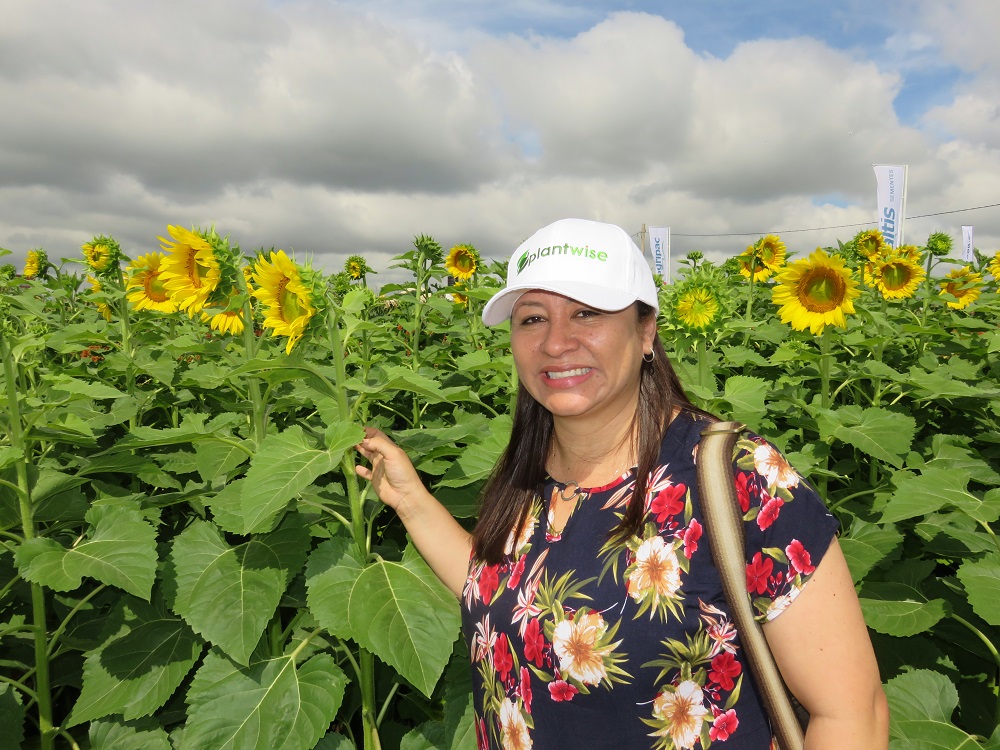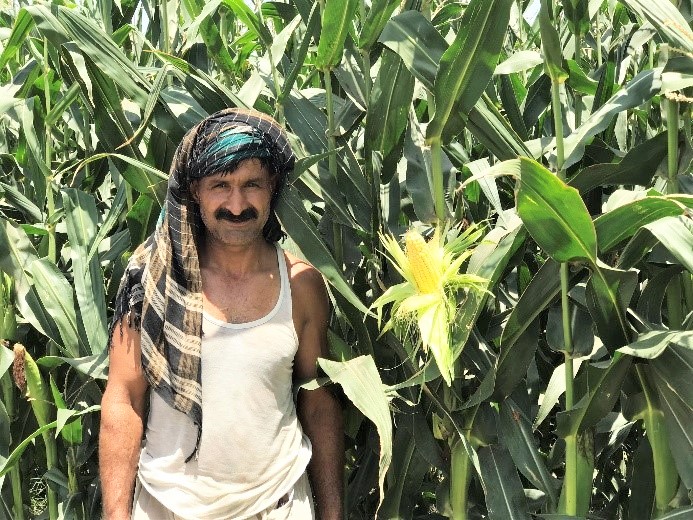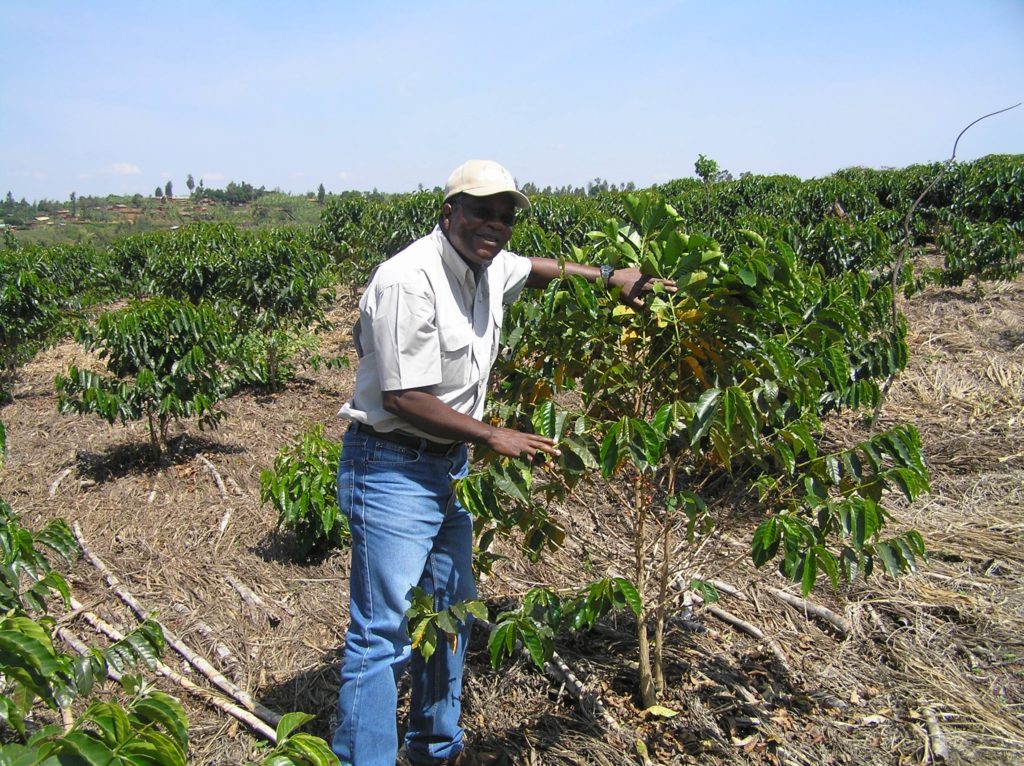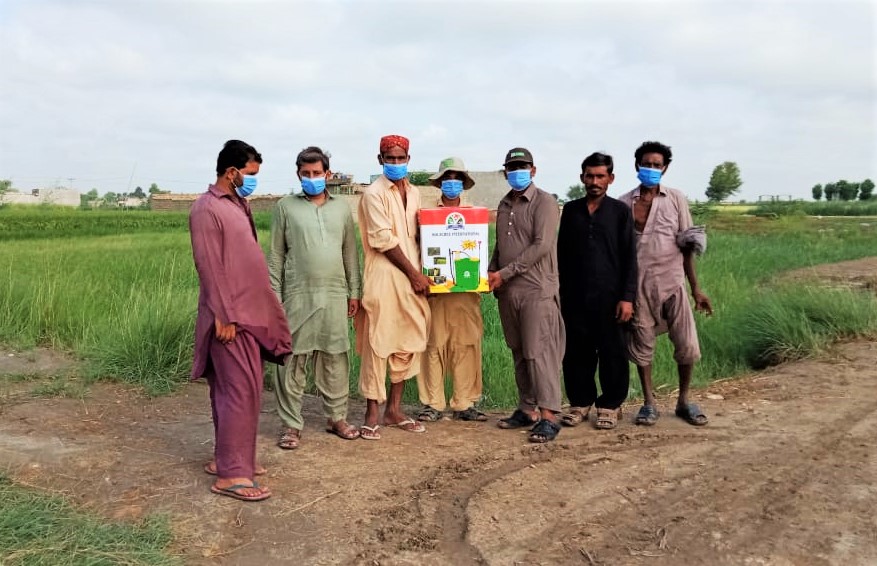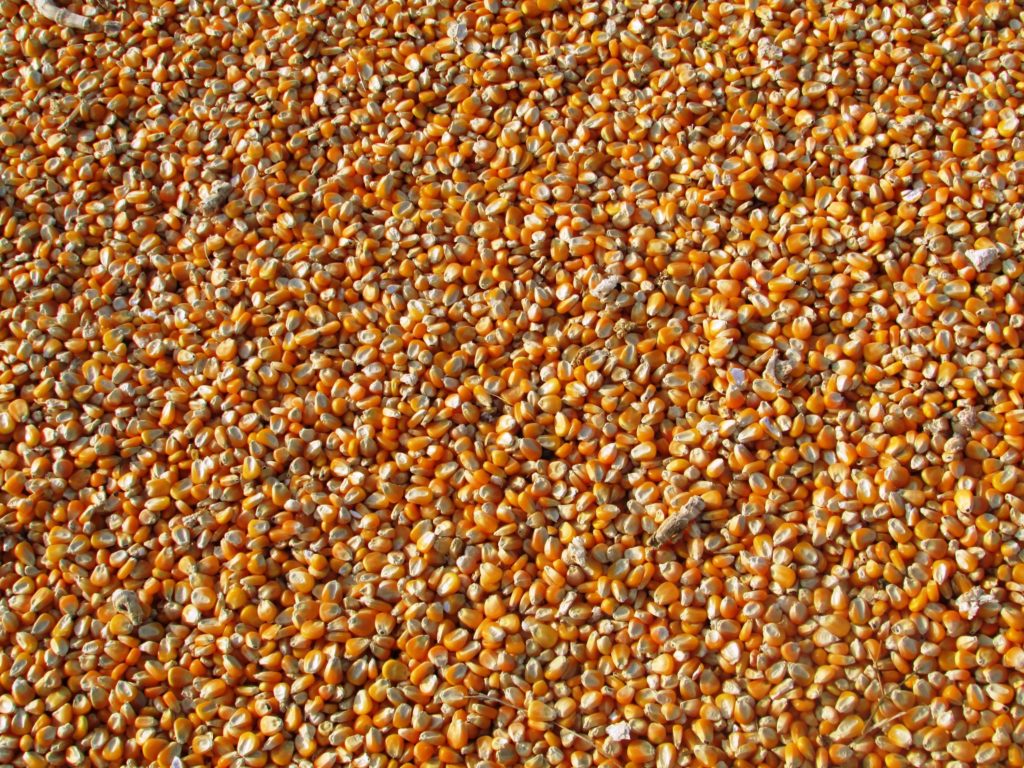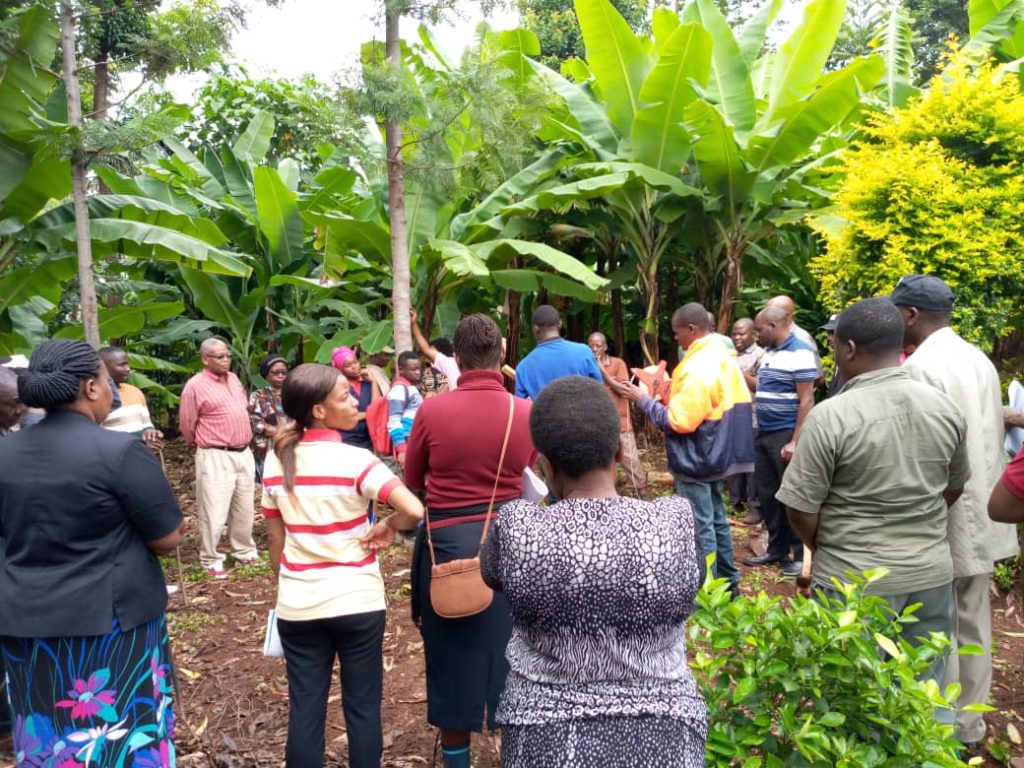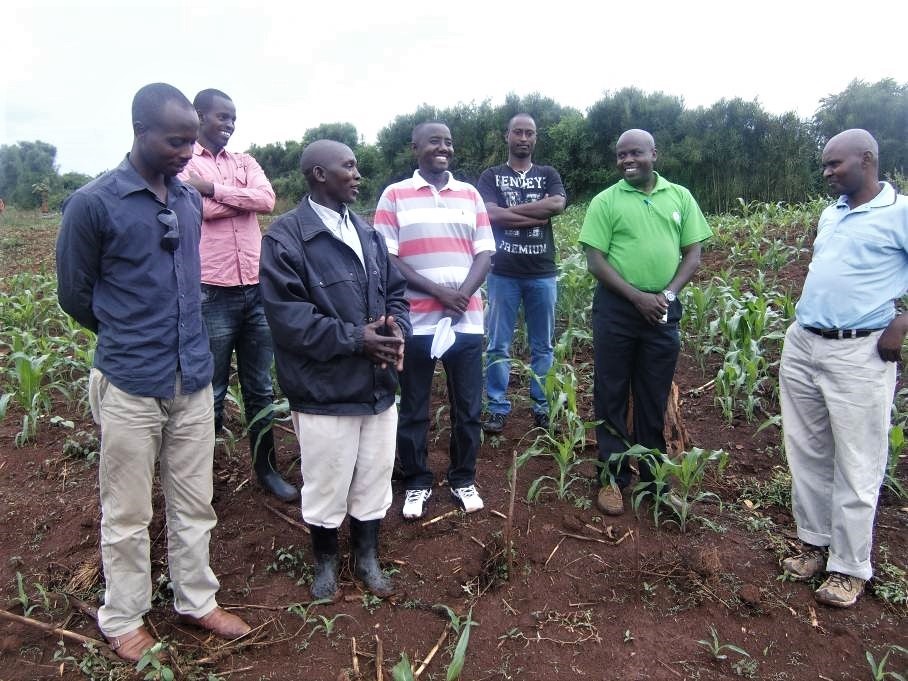International Coffee Day 2020: How CABI supports smallholder coffee farmers
Coffee - the valued crop and source of livelihood for millions - is celebrated annually to promote the efforts of all involved in its production. From farmer to manufacturer, barista and consumer. Now in its sixth year, International Coffee Day 2020 comes at a time in history when the Covid-19 pandemic presents a unique challenge to the world including the global coffee industry. With that in mind, this year’s focus is on supporting the next generation of coffee producers – young people, entrepreneurs - people who the future of coffee depends on.
How smallholder farmers can combat their reliance on staple crops
The world’s population relies overwhelmingly on four staple crops which together account for more than three-quarters of our food supply: maize, rice, soybean and wheat. Global food shortages will arise when these crops fail in a warmer climate, as is increasingly the case.
Boosting banana productivity in Tanzania: Farmer reaps rewards with up to three-fold increase
In Tanzania, where demand for bananas is high, banana farmers face the challenge of low productivity caused by pests and diseases and limited basic knowledge on banana management practices. The ‘Improving banana agronomy practices for small scale farmers in highland banana cropping systems East Africa’ project set a goal to raise banana productivity in Tanzania from 10mt/ha/yr to 25 mt/ha/year. The banana agronomy project which is led by National Agricultural Research Organisation (NARO) is implemented in partnership with Tanzania Agricultural Research Institute (TARI), Bioversity International, International Institute of Tropical Agriculture (IITA) and CABI is also operated in Uganda.
Overcoming data sharing challenges: Lessons from OFRA
Between 2013 and 2017, CABI delivered a collaborative project, Optimizing Fertilizer Recommendations for Africa (OFRA). The project had a goal of improving the capacity of National Agricultural Research Institutions in developing fertilizer recommendations for efficient and profitable fertilizer use in 13 sub-Saharan African countries, within the framework of Integrated Soil Fertility Management (ISFM) practices under smallholder farming.


